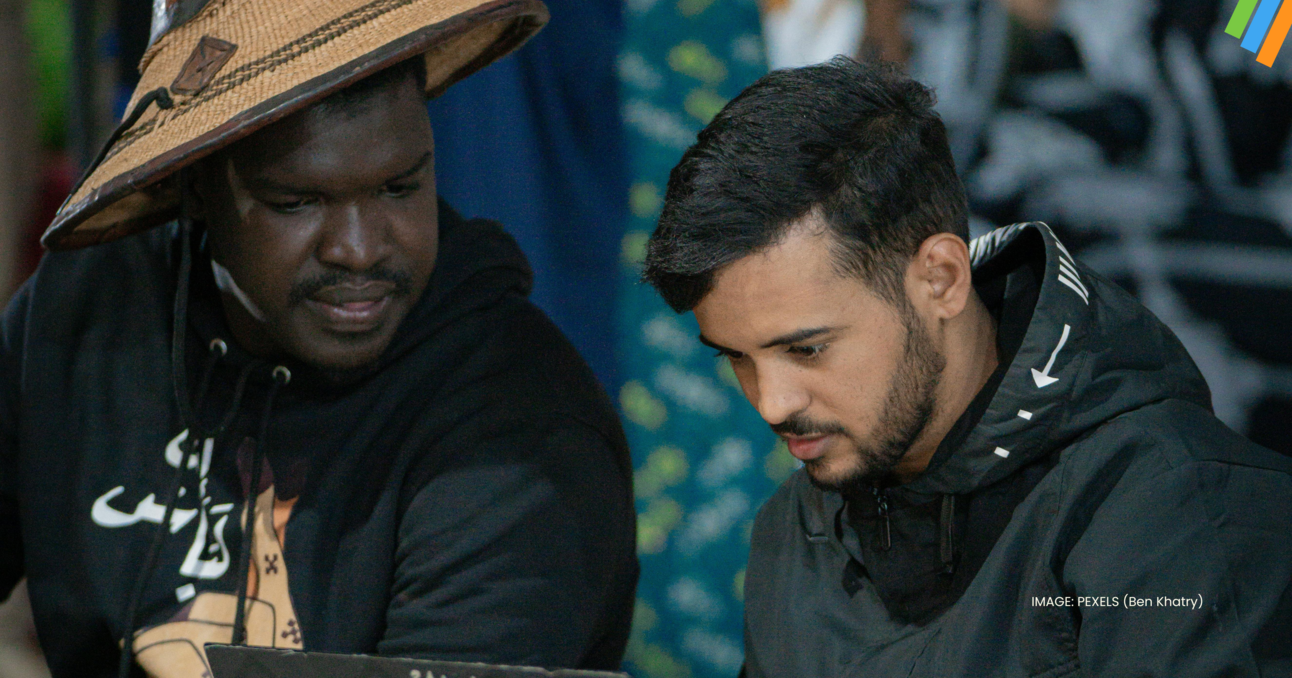What Makes Global Leaders Thrive?
Global startup hubs like Silicon Valley thrive on a combination of robust funding, a risk-tolerant culture, and a concentration of resources. For example:
1. Silicon Valley: This ecosystem is powered by a dense network of venture capitalists, angel investors, and accelerators that ensure startups have access to funds at every stage. It also benefits from a culture of risk-taking and innovation, where failure is seen as a stepping stone rather than an endpoint.
2. Singapore: With a proactive government that offers grants, tax incentives, and streamlined business regulations, Singapore has become one of the world’s most startup-friendly nations. The country’s strong digital infrastructure and access to Southeast Asian markets further strengthen its position.
3. South Korea: The “Creative Economy” initiative has funneled billions into startups, with a focus on tech and innovation. South Korea’s chaebols (large family-owned businesses) also actively collaborate with startups, providing them with funding, mentorship, and market access.
How Does Africa Compare?
Africa’s startup ecosystem is nascent but promising. In 2024, over $1.8 billion in funding flowed into African startups, with fintech and health tech leading the charge. Countries like Nigeria, Kenya, and South Africa are emerging as regional leaders. However, the continent faces unique challenges:
• Fragmented Markets: Unlike Europe or Southeast Asia, Africa’s 54 countries have diverse regulations, currencies, and consumer behaviors. This makes cross-border scaling expensive and complicated.
• Limited Risk Capital: While there is growing interest in African startups, the funding landscape is still skewed towards late-stage ventures, leaving early-stage startups underfunded.
• Infrastructure Gaps: Many startups struggle with unreliable internet, power outages, and poor logistics networks, which drive up operational costs.
Adopting Global Best Practices for Local Impact
African ecosystems can learn and adapt global best practices to address these challenges:
1. Encourage Collaboration: Similar to South Korea’s chaebol-startup partnerships, African corporations should actively collaborate with startups. For example, Safaricom in Kenya has supported local fintech startups by integrating them into its M-Pesa platform.
2. Streamline Regulations: Governments can emulate Singapore’s business-friendly environment by reducing red tape. Initiatives like Nigeria’s Startup Act aim to simplify licensing, taxation, and funding processes for startups.
3. Strengthen Ecosystem Support: Silicon Valley thrives on mentorship and networking. African hubs like Nairobi’s iHub and Lagos’ Co-Creation Hub (CcHub) have made strides in this direction but need to scale these efforts to smaller cities.
4. Invest in Infrastructure: Public-private partnerships (PPPs) can help address infrastructure challenges. Rwanda, for example, has invested heavily in digital infrastructure, making it a hub for tech innovation in East Africa.
The Road Ahead: Opportunities for Africa
Africa’s potential is immense. The continent has a young, tech-savvy population and an untapped consumer market of over 1.4 billion people. To unlock this potential:
• Governments must prioritize regional integration through initiatives like AfCFTA, which aims to create a single market for 1.3 billion people.
• Local investors should be incentivized to participate in the ecosystem, reducing reliance on foreign capital.
• Entrepreneurs need access to capacity-building programs that enhance their skills in scaling, fundraising, and market research.
While the African startup ecosystem faces challenges, it also has the opportunity to leapfrog traditional development paths by adopting lessons from global leaders. By fostering collaboration, streamlining regulations, and investing in infrastructure, Africa can create an environment where startups not only survive but thrive. The future is bright for the continent’s entrepreneurs, provided stakeholders work together to build a robust and inclusive ecosystem.






